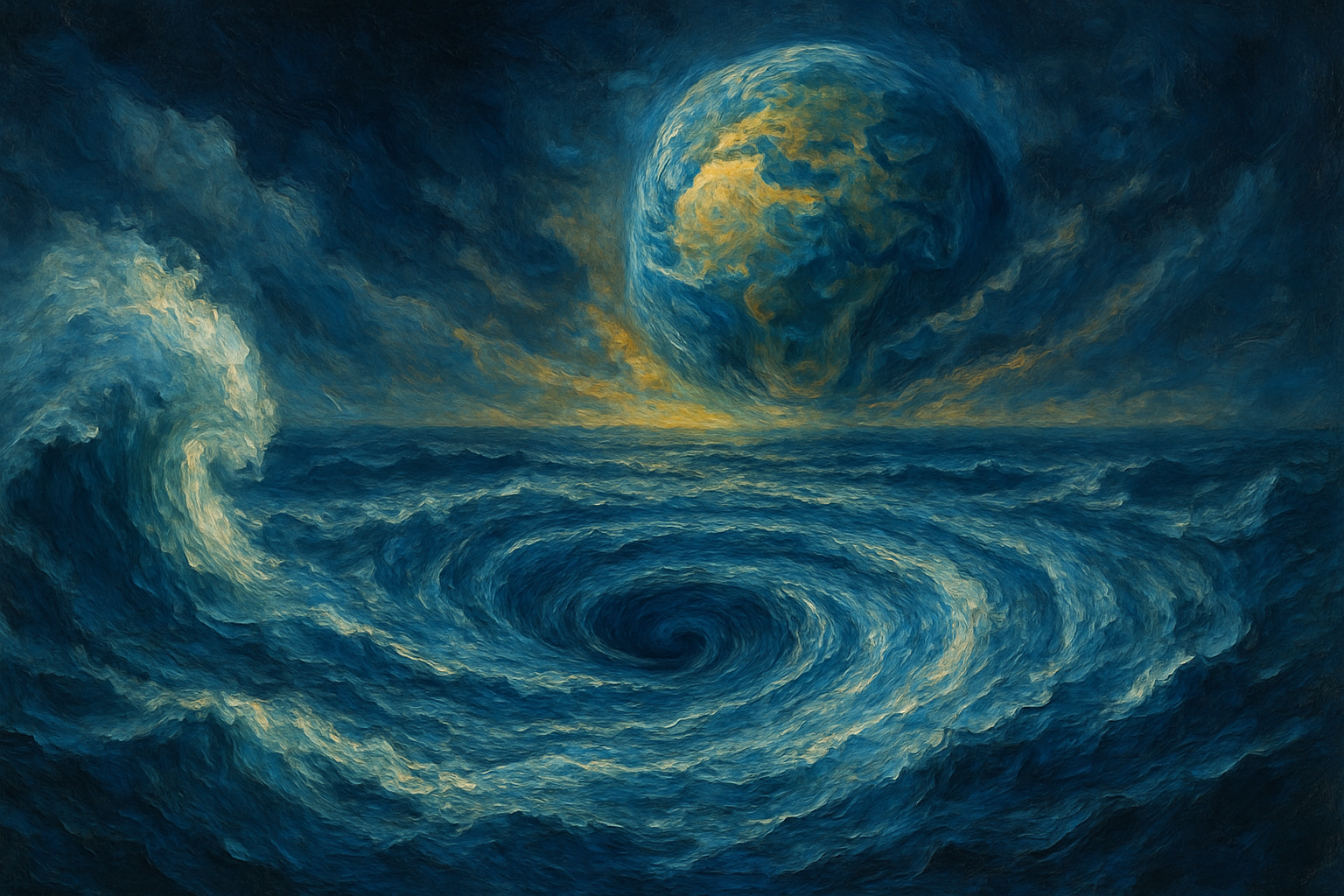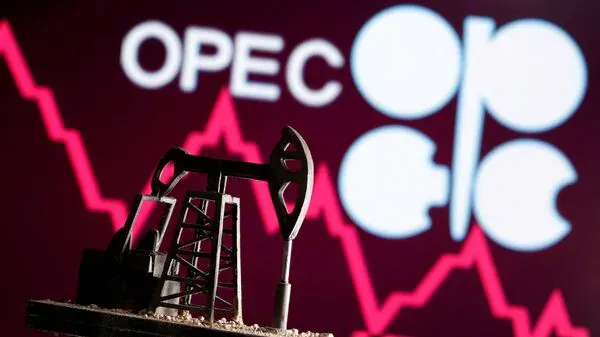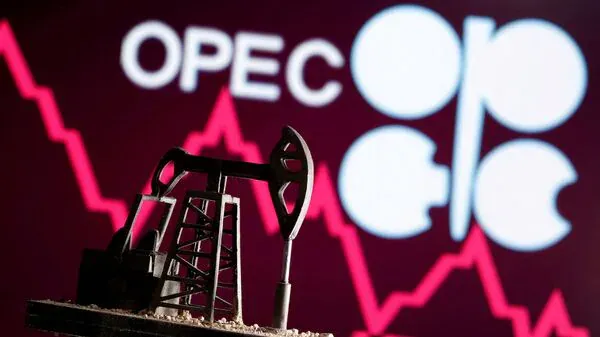Women of the world have stood up in over 30 countries to raise the banner of unity in diversity. #buildbridgesnotwalls.
That includes my soulmate and better half Akeela who opened the Women’s March on London outside the US embassy:
There is a powerful symbolism in this movement.
For we find ourselves at the tail end of history standing at a fork in the road. The very future of civilisation is at stake.
The global repression of women is in many ways a defining structure of the present. Despite progress on many fronts, the violence wrought against women today is so colossal, so systematic, and yet so insidiously casual, that it is difficult to conceive.
It’s widely known that in 2013, the World Health Organisation (WHO) found that one in three women worldwide have experienced physical or sexual violence from either someone they know, or a stranger.
This phenomenon is happening in the most advanced, ‘developed’ countries. In Europe, one in three women over the age of 15 suffer some form of physical or sexual abuse. In the United States one in three women experience domestic violence, and one in five are raped.
What. The Fuck. Is going on?
There is a deep-seated sickness in our societies. It’s called patriarchy. And patriarchy is killing the planet.
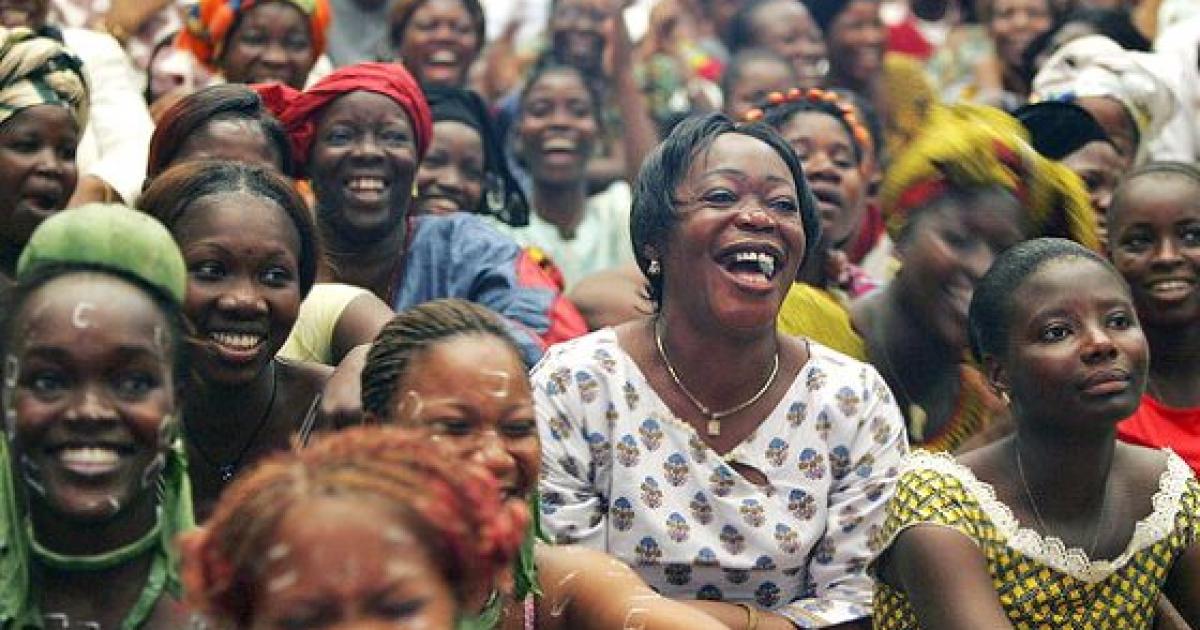
Men are not just hurting and raping women on a daily basis in casual fashion. We are doing it through local, national and global structures and institutions of power, which we dominate and control. And despite all the facts, despite our complicity, most of us remain in stark denial.
Economic violence
According to the UN, women are more vulnerable to extreme poverty than men. They spend at least twice as much time in unpaid domestic work. In less developed countries, this disparity is even wider. And when women are employed outside the home, they work more hours than men, as they take on both paid work and unpaid domestic duties.
According to the Women, Business and the Law 2014 Report, nearly 90% of the 143 countries studied restrict women’s economic opportunities. Sometimes this is through lack of access to property or land. Or it’s due to archaic laws on registering businesses.
The disparities are legion. Despite comprising 43% of agricultural workers in less developed countries, they represent just 20% of all agricultural land holders. In some countries in Africa and Asia, this figure squeezes down to less than five percent.
You might think we’ve made considerable progress here in the West. You’d be wrong. One in three American women live in poverty or right on the brink of the poverty line. The average woman in the US is paid 77 cents for every dollar paid to a man.
In Europe, a quarter of women are at risk of poverty or social exclusion.
In the UK, where since 2011 almost a third of Britons have experienced poverty at least once, the persistent poverty rate for women is 1.5 percentage points higher than for men. Women get paid 18% less per hour than men, and this gap widens for 12 years after the birth of a first child, after which women receive 33% less than men. This means that women are more likely to experience poverty from the age of 40 onwards.
But this sort of physical and economic repression of women is part of a wider continuum of gendered structural violence.
Environmental violence
Women are on the frontlines of the climate crisis. Natural disasters, which are increasing in frequency and intensity due to climate change, are more likely to kill women than men, especially when women are poorer. This is often because it’s women that take care of society’s most vulnerable — children and the elderly — and therefore end up being the last to escape when crisis hits.
Women often spend more time collecting energy for fuel and water than men. As water supplies become more scarce due to climate change — as well as environmental degradation induced by industrial practices leading to desertification and deforestation — the impact can hit women disproportionately.
Political violence
Women are underrepresented in decision-making across the world. Only 22.8% of all national parliamentarians globally are women.
Only 1 in 5 members of Congress in the United States are women. Less than a quarter are state legislators. Six out of 50 US governors are women. Of the top Fortune 1,000 companies, women hold only 19.7% of board seats.
In Europe, women account for just 29% of members of the single or lower houses of parliaments; and for just 23% of board members of the largest publicly listed companies. In the UK, despite being more than half the population, women still represent less than a third of all members of parliament.
Cultural violence
This grim picture is reflected in culture. Women are still chronically underrepresented, and ridiculously represented, in film and television: not just in terms of their skewed portrayal and roles as characters and in stories, but in terms of employment at all levels of production in the industry. It’s so bad that only 3.4% of Hollywood film directors are women.
Yes, there have been improvements, but these misogynistic structures of global power remain largely entrenched.
The war on women is a war on the planet
This global structural war on women interfaces with multiple wars. Collectively, we are waging war on planet earth.
We are currently on course to breaching the greenhouse gas limit necessary to avoid dangerous climate change, which would make a largely uninhabitable planet inevitable by the end of this century, or — at best — within a few centuries thereafter.

Scientists warn that our obsession with endless economic growth, tied to maximising production and consumption of material goods, is depleting the world’s cheapest and most accessible mineral resources.

And as we attempt manically to produce and consume more and more, we are rapidly depleting the total value (EROI) of the energy we are capable of producing from existing fossil fuel resources, which has declined by nearly half in the last few decades.
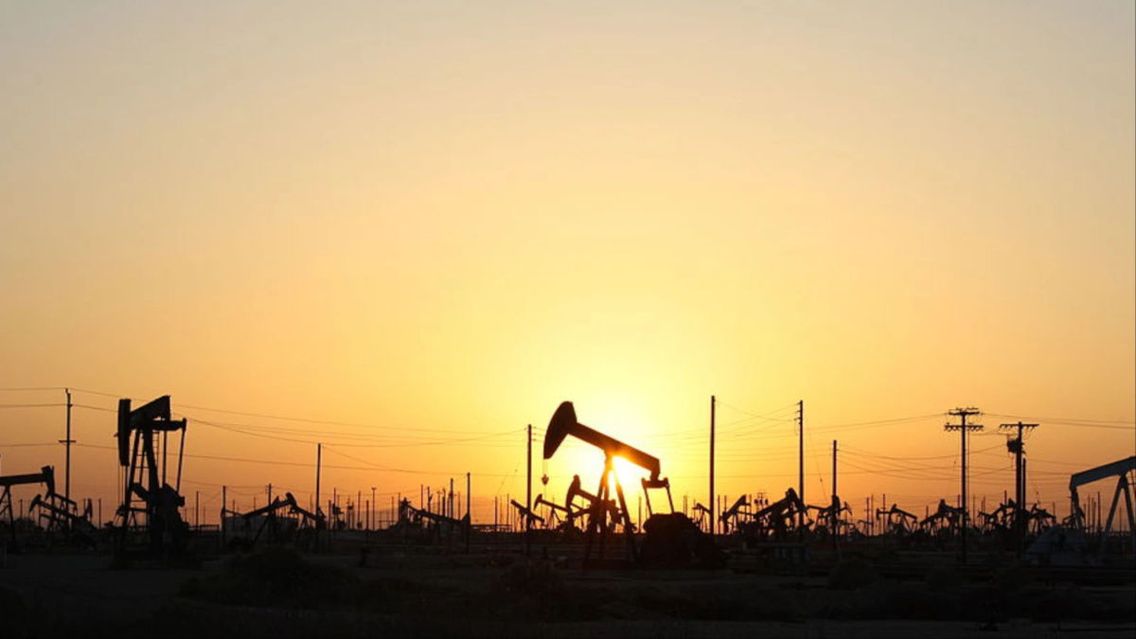
The very imperative of unlimited economic growth is, thereby, cannibalising itself according to the latest and best scientific research.
Such is the logic of a global system premised on extraction: violence, division, subjugation, generating ever-tightening concentrations of rapacious material power.
The war on women is a war on ourselves.
What does this mean? It means we’re at a fork in the road. We can either continue this path of self-cannibilisation, or we can recognise that this escalating Crisis of Civilization signals the possibility of a new way of doing things in an age after fossil fuels.
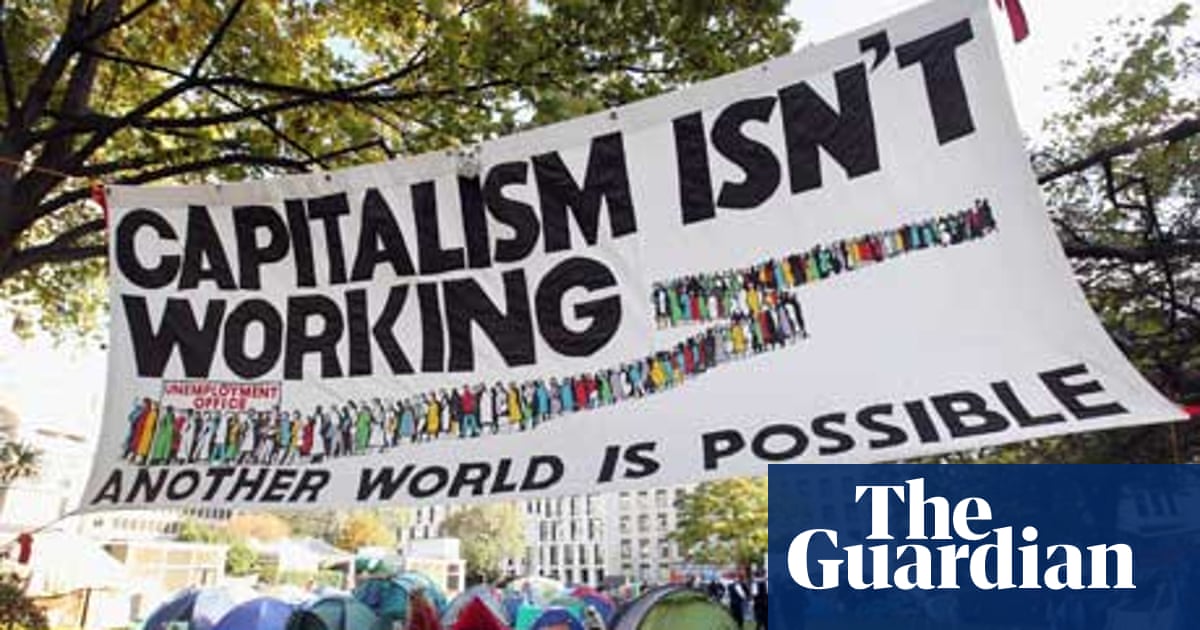
Trump’s arrival in the White House at this critical moment is no accident: he is the first openly misogynistic American president. Think about that. The leader of the Free World is, personally, on the frontline of the planetary war on women, and he’s proud.

This represents the intensification of the war. The regressive forces of white supremacism, patriarchy, extreme capitalism, nationalistic militarism and environmental devastation are mobilising in a last hurrah to claim victory over Planet Earth.
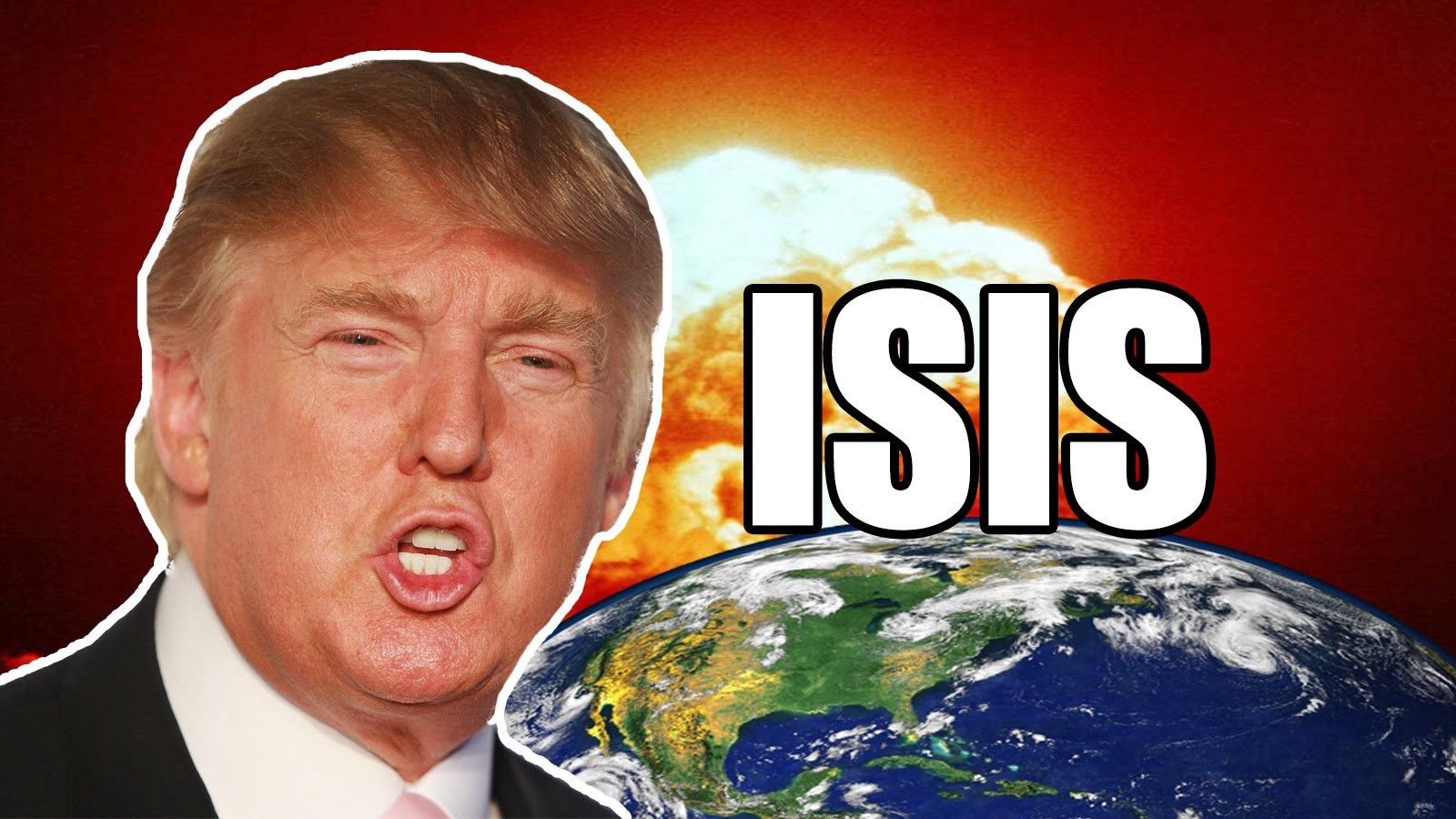
But look at the people’s response.
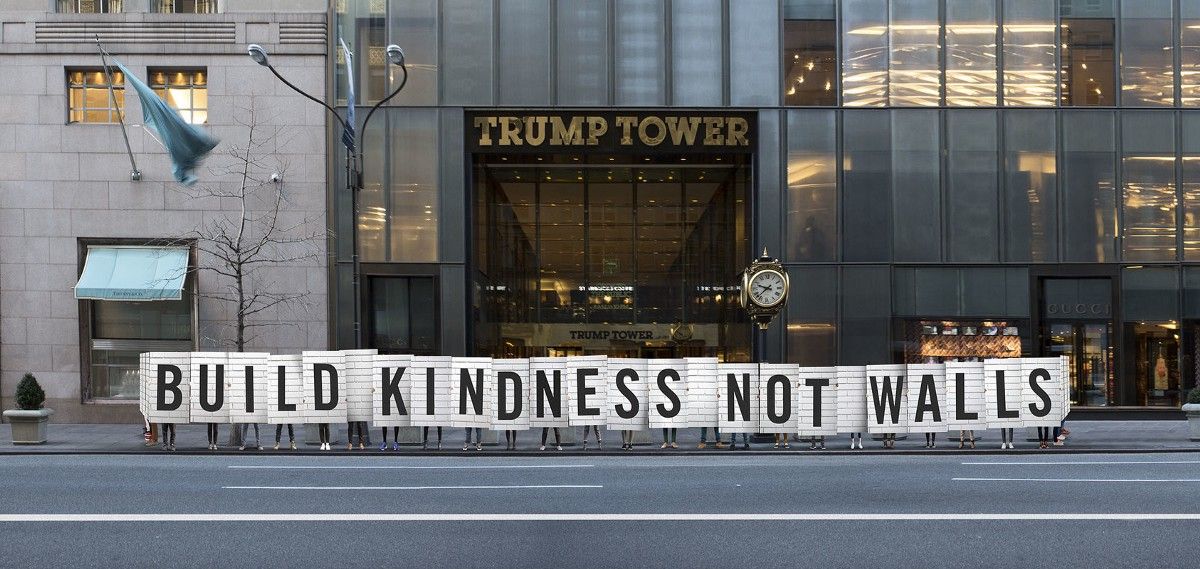

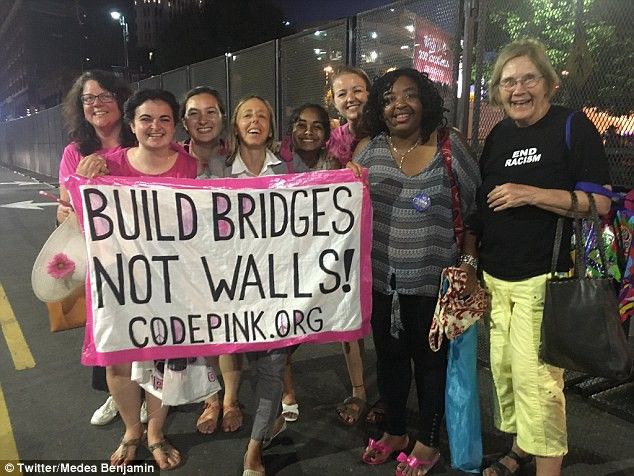
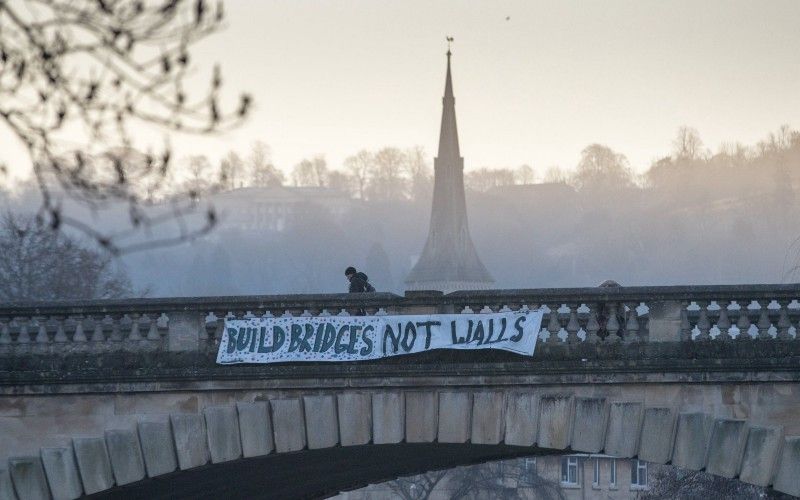

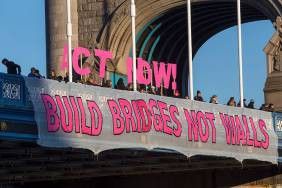
As the Great Orange Face of the Crisis of Civilisation emerges on the horizon, women of the world have stood up in over 30 countries to raise the banner of unity in diversity.
Women have led the way to make a planetary declaration of human resilience: #buildbridgesnotwalls.
This extraordinary declaration is not merely a declaration of resistance. It is a declaration for a new world, a new world of re-constituted relationships across gender, family, politics, economics, culture and beyond.
Now it’s time for each of us to reflect on how we can take forward this declaration through personal and collective action. #actnow.
The revolution begins with a decision to embody the change we are demanding.
At this point, we can each ask ourselves:
What can I do, what must I do, to #buildbridgesnotwalls — in my own life and consciousness; in my own family; in my circle of friends; in my local community; in my business; in the things I do and say and build everyday?
What can I do?
What must I do?
Let’s do it together.
In the comments below, let us know how you intend to #buildbridgesnotwalls
This article was updated on 21 January 2017.













